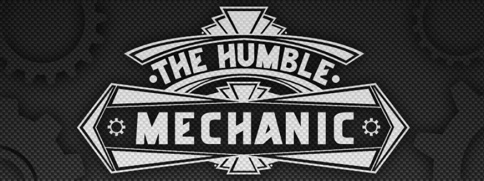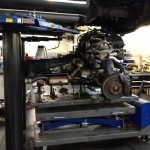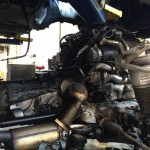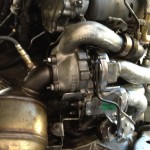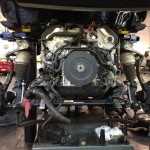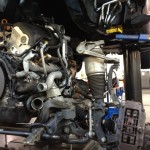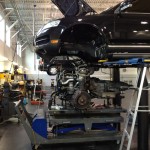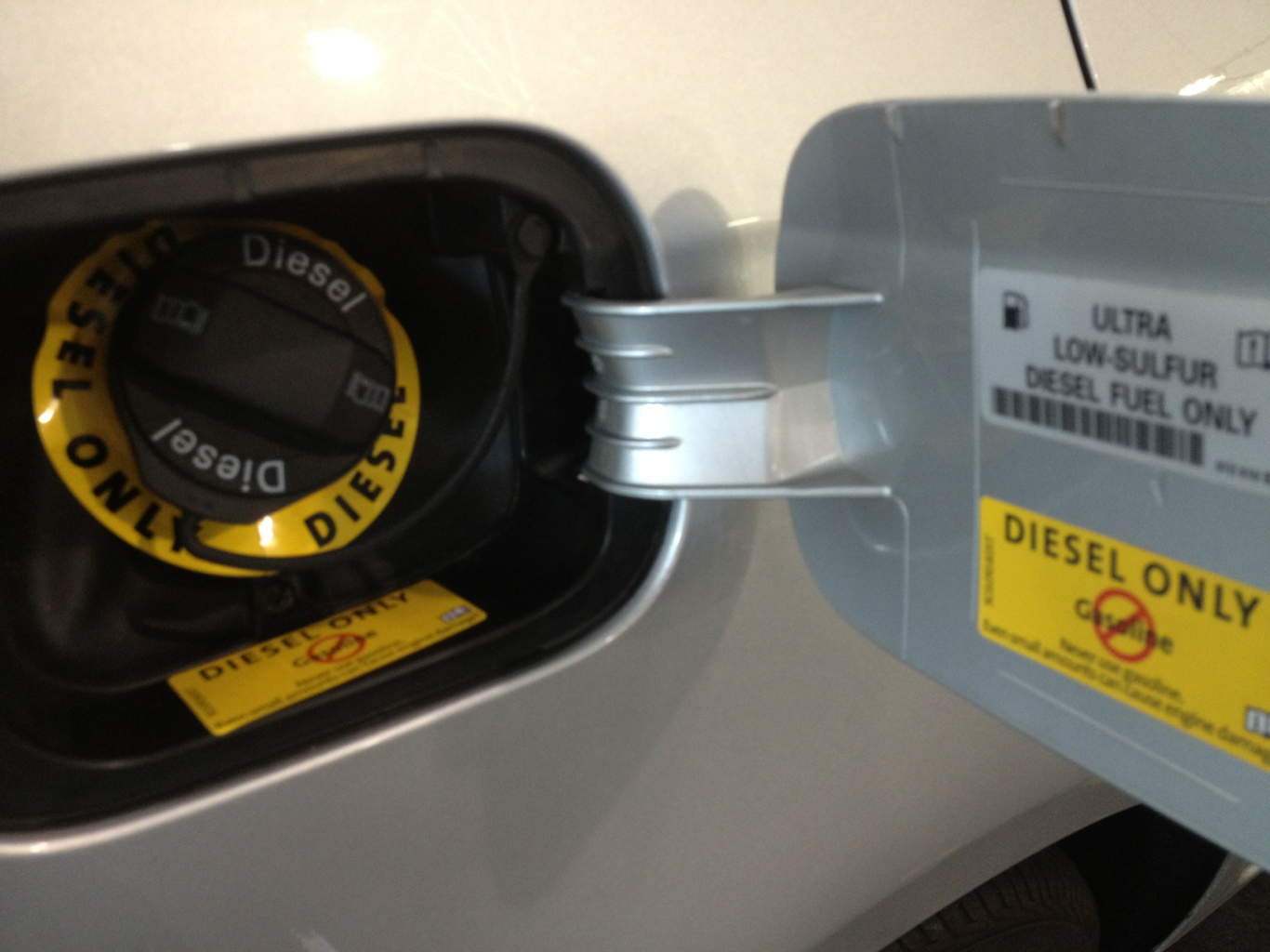So you just bought a brand new VW, or any car really. You are excited to get in set the mirrors and the seat and put the rubber to the road. You get to press all those really cool new buttons all while enjoying that new car smell. There is not many things like it. But there is a lot that goes into getting that car showroom floor ready. Today, we are talking about the PDI!
There are tons of steps in getting a car ready for it’s owner. From the time it comes off the truck to the time you drive it home, dealers should be doing everything they car to make sure your car is perfect. That is what a PDI is, a Perfect Deliver Inspection.
So what actually happens to your car before it’s your? Here are the main things a dealer tech will do to make your VW PERFECT!
- Check and top off all the fluids.
- Test the vehicle battery
- Install the real wiperblades~ Some come with little transport blades they are awful
- Install wheel locks.
- Remove the suspension blocks. Some VW models have blocks in the suspension. They limit travel.
- Take the car out of transport mode. The car comes with most of the “features” disabled. We have to turn everything on.
- Touch every button to make sure it works.
- Check all the lights both inside and out.
- Set the tires to the proper pressure.~Very crucial to the ride of the car.
- Set the the navigation system, if needed.
- Set the clock
- Set the radio presets. I actually disagree with the techs setting up the clock and radio. I think that sales people should show our customers how to do this stuff. I can’t tell you how many cars I get in with the wrong time. Especially when the time switches.
- A proper test drive
- check the heat and a/c system
- Set the auto up and down on the windows
- Any about 40 other little things that all go into the PERFECT delivery
As you can see, it is no small checklist. A proper PDI is vital to a customer being happy with their new car..
But doing a PDI is more than just checking off a check list. It is the first chance for a tech to show a customer how much they care. Now, most customers will not be thinking about an auto mechanic when they are buying a new car. But no matter what type of car someone buys, some type of PDI was done
Well, I know that we didn’t get deep into car repairs or anything like that today. I had a question come in a few days ago from Brandon he said
When your dealership receives new cars from the factory, what kinds of things do you have to do to the car as dealer prep?
Just like with any question, if one person asks, more folks want to know. 😉

